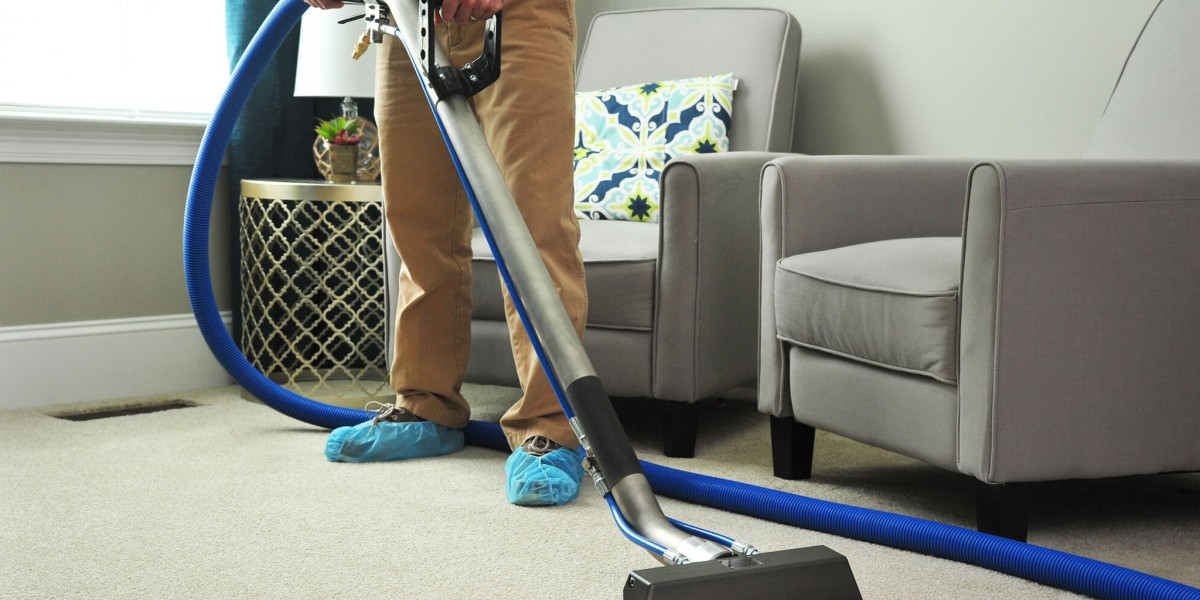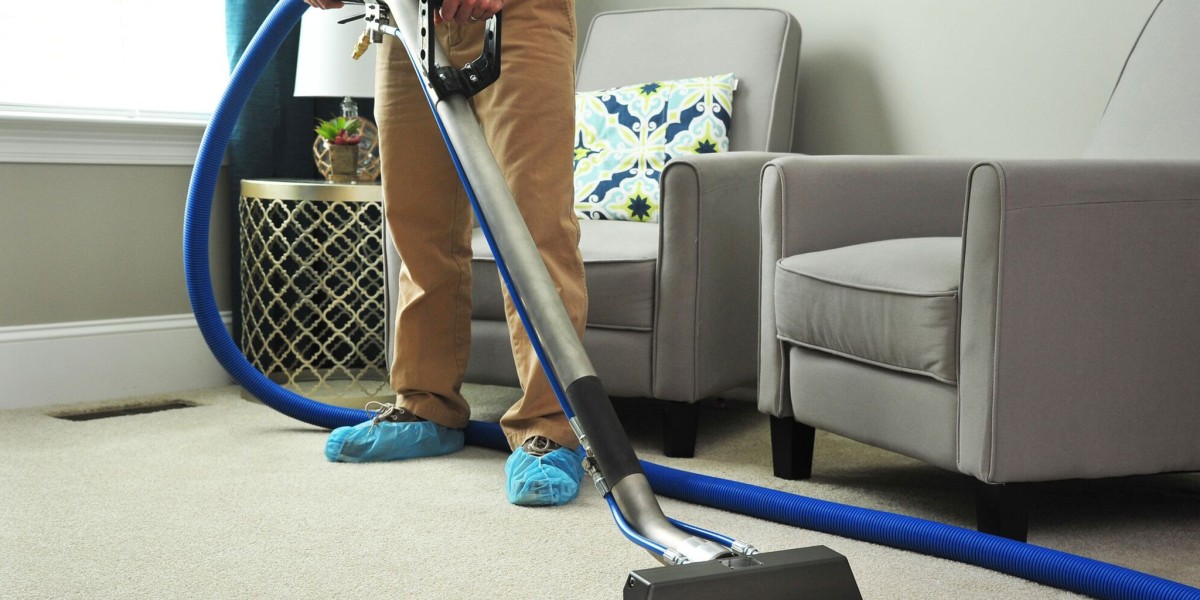Pulmonary Function Tests in Bangalore
Understanding your lungs has never been more important. Whether you’re managing a chronic respiratory condition or simply curious about your lung health, pulmonary tests can offer crucial insights. If you're searching for Pulmonary Function Tests in Bangalore, you’re in the right place.
Pulmonary function testing (PFT) helps detect, diagnose, and monitor lung disorders. These non-invasive tests measure how well your lungs are working, and they’re an essential tool in respiratory healthcare.
What Are Pulmonary Function Tests?
Pulmonary function tests are a series of diagnostic exams designed to evaluate your lungs’ capacity, airflow, and efficiency. These tests are usually recommended for individuals experiencing symptoms like shortness of breath, chronic cough, wheezing, or those with a history of smoking or lung diseases.
Types of Pulmonary Function Tests
- Spirometry: Measures the amount of air you can inhale and exhale.
- Lung Volume Tests: Determine the total lung capacity.
- Diffusion Capacity Test: Measures how well oxygen passes from your lungs into your bloodstream.
- Peak Flow Test: Monitors airflow out of your lungs.
Each of these tests serves a different purpose and may be used independently or together based on the physician’s recommendation.
Why Are These Tests Important?
Pulmonary tests play a critical role in early detection of respiratory conditions. They help:
- Diagnose diseases such as asthma, COPD, pulmonary fibrosis, and bronchitis.
- Monitor lung diseases and track their progression.
- Assess the effectiveness of treatments.
- Evaluate lung function before surgeries or for employment in certain fields.
Who Should Consider Getting Tested?
You should consider lung testing if you:
- Experience chronic breathing issues.
- Have a long-term cough or wheezing.
- Smoke or have smoked in the past.
- Have a family history of respiratory illnesses.
- Need to monitor an existing lung condition.
Consulting with a physician can help determine if pulmonary function testing is right for you.
What to Expect During the Test
Most pulmonary tests are quick, non-invasive, and painless. Here's what typically happens:
Before the Test
- Avoid heavy meals.
- Don’t smoke or use bronchodilators (unless advised by your doctor).
- Wear loose-fitting clothes.
During the Test
You’ll be asked to breathe in and out through a mouthpiece while various measurements are recorded. Instructions will be given throughout to ensure accurate results.
After the Test
You can usually resume normal activities immediately unless told otherwise. Your doctor will analyze the results and guide you on the next steps.
Benefits of Early Lung Function Testing
Getting tested early can significantly improve the quality of life for those with respiratory issues. Benefits include:
- Early detection of potentially life-threatening diseases.
- Improved management of chronic conditions.
- Ability to prevent complications through timely interventions.
- Peace of mind when symptoms are ruled out as harmless.
Finding the Right Diagnostic Center
Choosing a reputable diagnostic center ensures accurate results. Look for centers equipped with advanced technology and certified respiratory specialists. Don’t hesitate to ask questions about the testing process, result timelines, and follow-up support.
Conclusion
Whether you’re experiencing symptoms or simply want to understand your respiratory health, Pulmonary Function Tests in Bangalore provide the clarity you need to take control of your well-being. Being proactive today can help you breathe easier tomorrow.
Frequently Asked Questions (FAQs)
1. What is a pulmonary function test used to detect?
These tests detect conditions affecting lung capacity and airflow, such as asthma, COPD, and fibrosis.
2. How long does a typical lung function test take?
The average test takes about 30 to 60 minutes, depending on the type and number of tests.
3. Is it safe for children and elderly patients?
Yes, these tests are safe for people of all ages, but they may be adjusted depending on age and ability.
4. Are there any side effects from taking a lung test?
Most people experience no side effects, though some may feel dizzy or short of breath briefly during testing.
5. Do I need a doctor’s referral for the test?
It depends on the diagnostic center, but many require a physician’s referral for insurance or documentation purposes.
6. How should I prepare for my test appointment?
Avoid eating a heavy meal, smoking, or using certain inhalers before the test. Wear comfortable clothing.
7. Will the test be painful or uncomfortable?
The test is generally not painful. Some may feel temporary discomfort from deep breathing or repeated exhalation.
8. How are the test results interpreted?
Your results are compared to standard values based on your age, gender, height, and ethnicity. A doctor will explain what they mean.
9. Can these tests detect COVID-19-related lung damage?
While not designed to diagnose COVID-19, these tests can assess lingering lung issues post-infection.
10. How often should I get my lungs tested?
Frequency depends on your symptoms and medical history. Those with chronic conditions may need annual tests, while others may need them less often.









